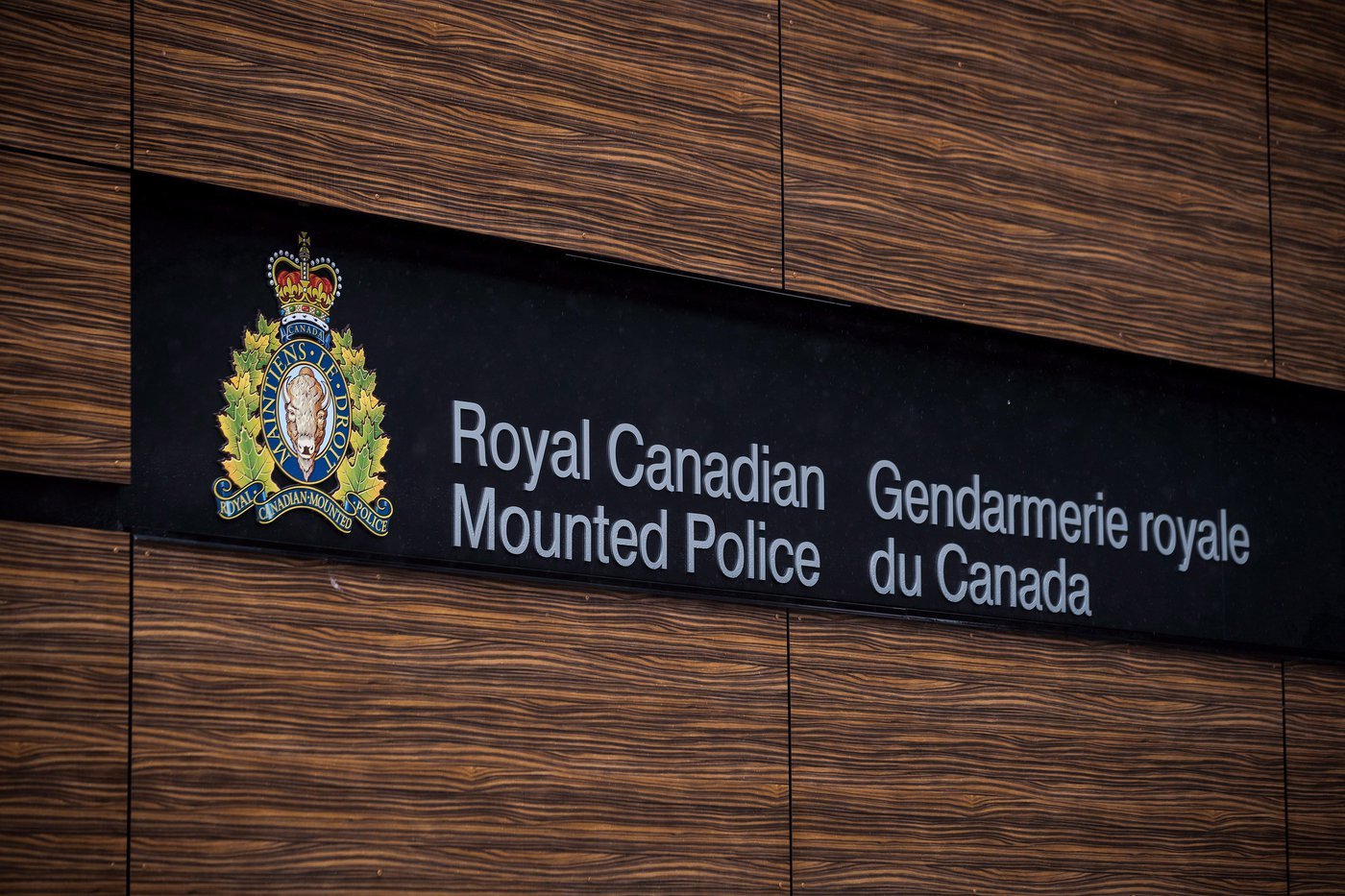VANCOUVER – Environment Canada is warning that a “bomb cyclone” is expected to bring powerful winds to most of Vancouver Island and the B.C. coast, with hurricane-force gusts of 120 km/h predicted for some areas this week.
The weather agency has issued more than a dozen warnings for coastal areas, saying the peak wind speeds are expected Tuesday night and Wednesday morning.
Areas expected to be hit hardest include northern Vancouver Island and the north and central coasts, but gusts of up to 100 km/h are also forecast for heavily populated centres including Victoria and the Sunshine Coast.
The warnings stretch from Prince Rupert in the north to the southern tip of Vancouver Island, while Metro Vancouver and the Fraser Valley are the subject of a special weather statement.
The statement says residents should be prepared for power outages, downed trees and travel delays brought by what it calls a “significant fall storm.”
Environment Canada meteorologist Brian Proctor says a bomb cyclone is caused by a rapid drop in atmospheric pressure at the centre of a storm.
“Typically, with these bomb cyclones, we need a lot of cold air loss in the atmosphere to really eject itself into the low pressure centre, which really helps to deepen them, or helps them to explode,” he said in an interview Monday. “Typically, with this kind of storm, the key phenomena is going to be the wind associated.”
Environment Canada says the storm will develop about 400 kilometres off the coast of Vancouver Island on Tuesday, bringing high winds and heavy rain that afternoon.
Proctor said the storm will likely have the most impact on the west side of Vancouver Island and the central coast.
Matt MacDonald, the lead forecaster for the BC Wildfire Service, says in a social media post that models show B.C. coastal inlets could bring “hurricane force” winds and there may be waves of up to nine metres off Washington and Oregon’s coasts.
Proctor said he wouldn’t be surprised to see those kinds of conditions on B.C.’s coast.
“That would be fairly typical for this kind of track,” he said in an interview.
However, he said that would depend on the track of the low pressure centre and how close to Vancouver Island it comes in before it starts “hooking” northward.
BC Ferries said in a statement Monday that it is “closely monitoring the weather situation” and is in contact with Environment Canada.
While it initially said sailings were expected to proceed as scheduled, a later statement said that it would be providing updates on Tuesday about potential delays or cancellations.
“Our goal is to keep people moving without interruption wherever possible, and to keep our passengers informed as things change,” it said. “In the event of significant disruptions, we will work to reschedule travel or reroute passengers to the next available sailing.”
Electric utility BC Hydro said it has been monitoring the system “very closely” since last week, noting it has a “team of in-house meteorologists that track all weather events” to ensure it has crews and equipment in the right places when storms hit.
“We’re prepared for tomorrow’s storm and are ramping up crews – both BC Hydro crews and contractor crews,” it said in a statement Monday.
A La Nina winter is expected for B.C., and Proctor said the creation of bomb cyclones are amplified under those conditions, when ocean temperatures are cooler than normal.
He said the province should brace for similar storms, though not of the same magnitude.
“We’re really setting up for a fairly typical late fall, if I can put it that way, once we get past this big event of this bomb cyclone,” he said.
The bomb cyclone warnings come after a lightning storm overnight and early Monday covered parts of Metro Vancouver in hail.
B.C. has been hit by a series of powerful fall storms, including an atmospheric river that caused flash flooding in Metro Vancouver in mid-October.
The Insurance Bureau of Canada said in a news release last week that the October storm caused $110 million in insured damage claims, which prompted it to renew calls for the federal government to “fully fund” the National Flood Insurance Program.
It said insured losses related to severe weather in Canada now routinely exceed $3 billion annually and a new record has been set this year, reaching more than $7.7 billion.
This report by The Canadian Press was first published Nov. 18, 2024.





































